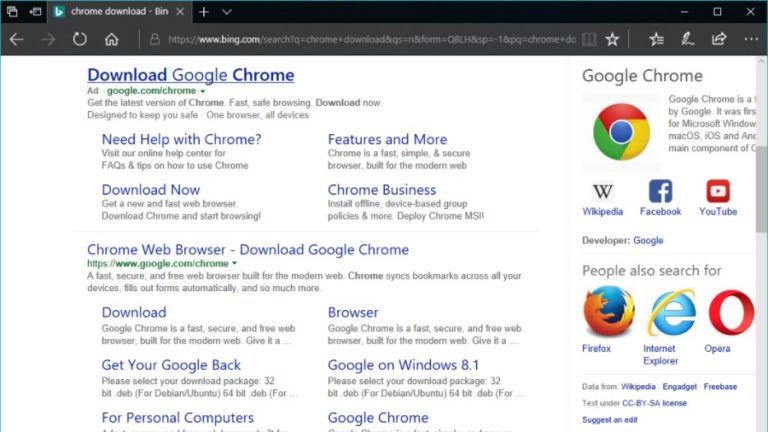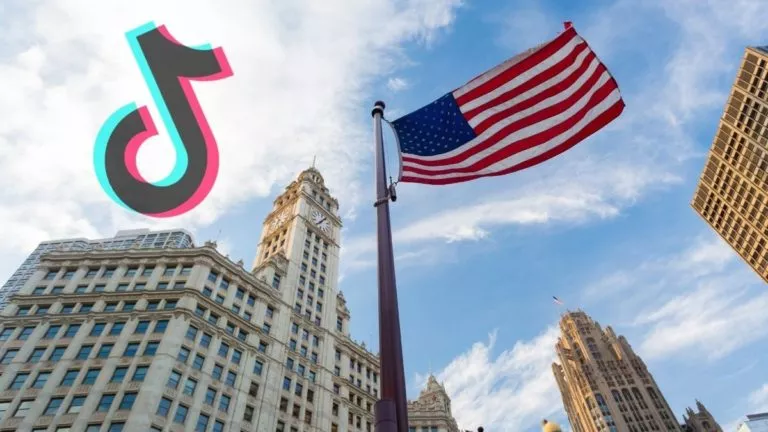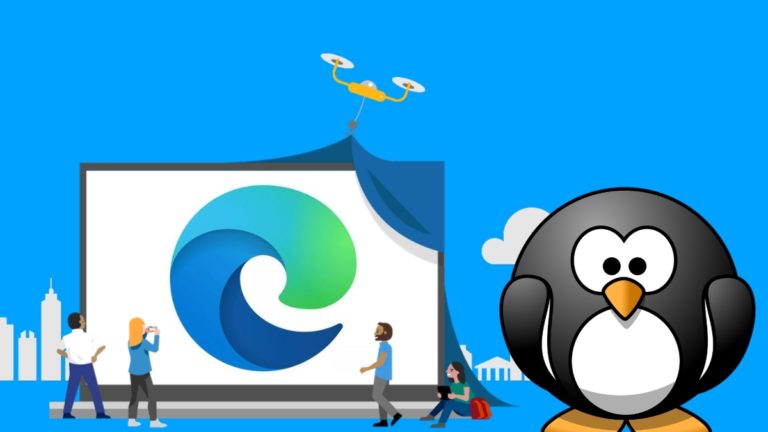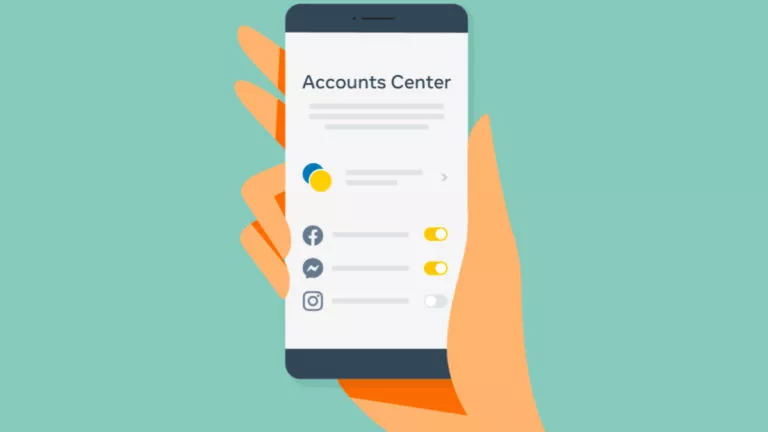Facebook Knew Instagram Harmed Mental Health Of Teens And Did Nothing

Facebook is in hot waters after leaked documents claimed the company knew Instagram had a severe toll on a teenage girl’s mental health. Since then, several lawmakers have pushed Facebook to drop their plans for releasing Instagram for kids. Adding to the fire, another report claimed that Facebook shields millions of VIPs with special rules.
It is not the first time that Facebook has done something shady. Previously during the 2016 US Presidential election, Mark Zuckerburg said that idea of Facebook’s involvement in it was crazy. We all know how that turned out.
Instagram’s effect on teens
What’s worse is that Facebook knew that Instagram poses severe dangers to mental health in teenage girls. Internal research from 2019 admitted that the company made body image issues worse for one in three teen girls. Even after that, the company conducted several online surveys, diary studies, focus groups, and large-scale questionnaires from 2019 to 2021.
The findings showed that 32% of teenage girls reported that Instagram made them have a worse body image. Another slide stated that teens blame Instagram for increases in the rate of anxiety and depression. “This reaction was unprompted and consistent across all groups.”
Instagram for kids
Despite knowing the dangers, the company went ahead with its plans to release Instagram for kids. Even back in April, the announcement for Instagram for kids met with a lot of criticism. However, after these reports, several U.S. lawmakers are pressuring Facebook to drop its plans to launch Instagram for kids. Some lawmakers even sent a letter to Facebook demanding the same.
“Children and teens are uniquely vulnerable populations online, and these findings paint a clear and devastating picture of Instagram as an app that poses significant threats to young people’s wellbeing,” the lawmakers wrote.
The situation was made worse by comments made by Adam Mosseri, head of Instagram. He dismissed concerns around the app’s negative impact on teens as relatively small. He also rejected comparisons between social media and drugs and cigarettes despite research showing similar addictive effects.
Mosseri compared social media platforms to vehicles saying, “We know that more people die than would otherwise because of car accidents, but by and large, cars create way more value in the world than they destroy. And I think social media is similar.”






